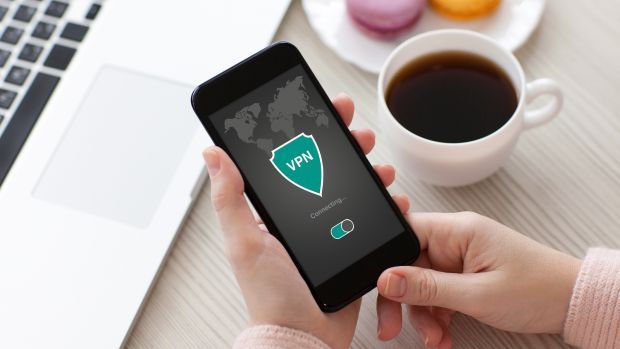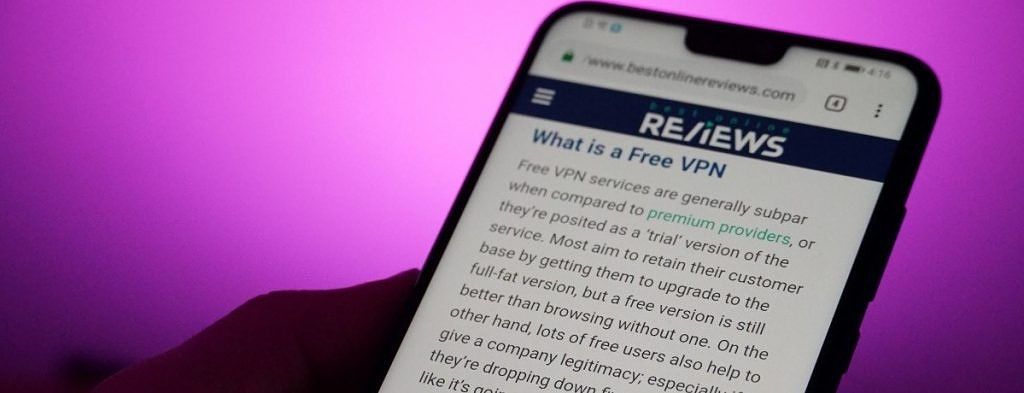It is an acknowledged truth that people love to receive services and goods free of charge. In our difficult financial times, when prices on everything are constantly growing, people’s desire to receive a free ride at least in something is understandable. Some of them are in such dire economic straits that every saved dollar makes a difference to their budget. Yet sometimes, our love for free stuff defies understanding. People are known to stand half a day in a queue to be treated to a free donut or a pancake which cost just more than one dollar. And what is particularly noteworthy is that these people who are ready to waste their time waiting outside a café are not underprivileged and would feel no financial loss if they paid for that donut from their pockets. Getting services and goods for free apparently gives more psychological satisfaction than financial one. We seem to feel happier if we score some freebies even when we can easily afford them. Therefore, when we face a choice whether to have a free VPN or application or to pay for them, we gravitate towards those versions that do not require payment. Yet whether the VPNs and applications are always better when they are free of charge still remains to be discovered. The present article elaborates on merits and demerits of free versions of the applications and Virtual Private Networks, leaving it to readers to decide which of these versions better suits their purposes.
Talking about benefits of free or paid applications for smartphones, it is crucial to take the mentality of the user into account. Several researches have shown that there is a cultural difference between people who use Android and those who own iPhone. The latter group seems to be more open to buying applications offered by the company. As many as 80 percent of all iPhone applications require payment. Those people who use Android, by contrast, prefer free applications. The company’s revenues thus always come mostly from free titles, though many people may wonder how Android manages to earn money at all, if the majority of its apps is simply given away free of charge.
The answer to this question is that free applications do earn money to their producers. As we have already established, free goods attract more people, and the free application is no exception from this rule. Free applications appeal to a larger consumer base. And where are more users, there are more advertisement campaigns designed to rivet their attention on various products and services. It is from these advertisements that producers derive their income when they launch out any free application. Free apps are also more desirable, because the download process for them is quicker and easier. Not required to go through the hassle of giving their payment details, people thus download free apps more readily. When they come across a new application, users are also more willing to have it for free, just to be on a safe side and not to splash on something they might not like afterwards. This is the reason why many companies thoughtfully develop free and paid versions of the same application simultaneously: they want to give their customers a feel of their new product without obliging them to buy in the dark. When people receive goods for free, they also tend to be less critical about them. Even if they are not satisfied with the quality of their free application, users would not blacken it, since they understand that you do not look a gift horse in the mouth. And because they leave less critical reviews about the application, its ratings become higher, which leads to its bigger popularity among users.
Even though the advantages of free applications over paid ones are obvious, the latter have their merits as well. Almost 40 percent of companies’ revenues comes from paid applications. It is, therefore, financially profitable for developers and companies to charge their users for their applications. Paid applications also have a more extended life span, serving people longer. People are thought to turn more often to the applications for which they paid, because they do not like the idea of throwing their money to the wind. Having splashed on the application, they will try to get more use out of it. In people’s minds, goods that are costly are also associated with better quality. However fond we might be of free gifts, deep down we know that nothing valuable will be just served to us on a plate. Hence, we intuitively look at paid applications as having higher quality than their free counterparts.
Similar considerations apply to our choice of the Virtual Private Network. Like various applications, the VPNs have long become popular with users around the globe: they allow them to access the web privately by routing their connections through a server and camouflaging their online presence. The invisibility that the VPN provides to its users is the main reason why they are interested in setting this software up. When users download their VPN software from their VPN service, it starts encrypting their data. By moving ahead of users’ Internet Service Provider, the server prevents it from tracking them down. After this, the encrypted data goes to the users’ online destination that, thanks to the VPN, sees this data as coming from their VPN server, not from their computer.
The majority of the users prefer a free version of the VPNs. But in this case, they are motivated not only by the all-too-human desire to have a free ride but also by a definite advantage of the free VPN over the paid one. Only the free version of the Virtual Private Network preserves the users’ anonymity. When they set it up, not required to pay for it, they do not reveal their personal details to the server. To pay for the VPN, by contrast, users have to reveal their full name, their address, and their credit card details. The disclosure of personal details contradicts the very idea of the VPN, which was invented precisely to hide these details. There are certainly some valid reasons why the paid VPN is claimed to be better: letting people use more secure connections such as L2TP/IPSEC, SSTR, SSH, and Open VPN, it is less easily hacked. Having money to invest into bandwidth, the paid VPN also has better speed. Customer services are also more efficient, when users pay for their VPNs. When they get their VPN as a gift, people do not expect that there will be professionals who would come to their rescue, whenever something goes wrong with their connections. The payment for the VPN, in contrast, includes customer services usually available 24 hours a day. And yet, these clear advantages of the paid VPN notwithstanding, its inability to provide anonymity to its users attenuates its usefulness. Despite its demerits, the free VPN still seem to win out, though many customers may disagree with this conclusion.
There are definite good and bad qualities of free and paid applications and Virtual Private Networks. To decide what to choose, people should carefully analyze all pros and cons of each group and, based on their conclusions, go for the version that better suits their purposes.


